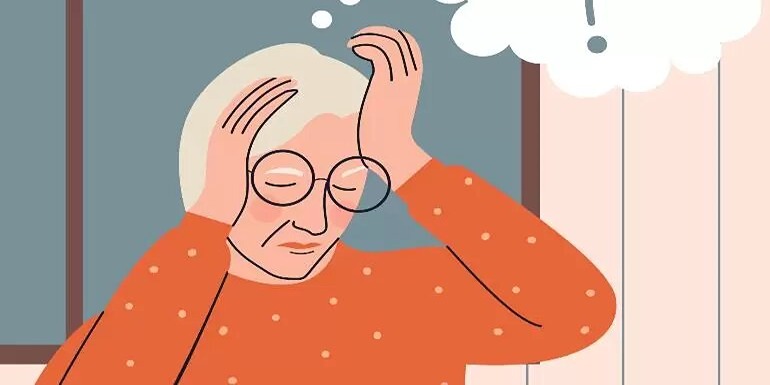Dementia at DRHC Dubai Psychiatry Clinic
Dementia is the loss of cognitive functioning — thinking, remembering, and reasoning — to such an extent that it interferes with a person's daily life and activities. Some people with dementia cannot control their emotions, and their personalities may change. Dementia ranges in severity from the mildest stage, when it is just beginning to affect a person's functioning, to the most severe stage, when the person must depend completely on others for basic activities of daily living, such as feeding oneself.
Dementia affects millions of people and is more common as people grow older (about one-third of all people age 85 or older may have some form of dementia) but it is not a normal part of aging. Many people live into their 90s and beyond without any signs of dementia
Symptoms of dementia can vary but often include:
- Memory loss, especially recent memory
- Difficulty communicating or finding words
- Difficulty with visual and spatial abilities, such as getting lost while driving
- Difficulty reasoning or problem-solving
- Difficulty handling complex tasks
- Difficulty with planning and organizing
- Confusion and disorientation
- Changes in mood or behavior
- Changes in personality
- Loss of initiative
Risk Factors
- Age: The risk of developing dementia increases with age, with most people being diagnosed after age 65.
- Family history: Having a family history of dementia increases your risk.
- Down syndrome: People with Down syndrome are at a higher risk of developing Alzheimer's disease.
- Mild cognitive impairment: People with mild cognitive impairment are at an increased risk of developing dementia.
Diagnosis and Treatment
- Diagnosis is typically based on a thorough medical history, physical examination, laboratory tests, and neuropsychological testing.
- There is no cure for most types of dementia, but treatments may help manage symptoms and improve quality of life.
- Medications may be prescribed to help manage cognitive symptoms, such as memory loss and confusion.
- Supportive therapies, such as occupational therapy and speech therapy, can help improve daily functioning.
Caregiving
- Caregiving for someone with dementia can be challenging but rewarding.
- It's important for caregivers to seek support from family, friends, and community resources.
- Taking care of yourself is also crucial, as caregiving can be physically and emotionally demanding.
While there is currently no cure for most types of dementia, early diagnosis and management of symptoms can help improve quality of life. Treatment may include medications to manage symptoms, cognitive and behavioral therapies, and support services for both the individual with dementia and their caregivers.
.png?width=281&height=59&name=bookanappointment%20(1).png)
If you are experiencing any signs and symptoms of a Dementia, please don't hesitate to contact our best psychiatrist in Dubai at the Dr Rami Hamed Center, Call +97142798200 to Schedule Your Appointment Today. We have the best psychiatry doctor, and our psychiatry clinic is situated in Dubai Healthcare City.




.png?width=281&height=59&name=bookanappointment%20(1).png)
.png?width=1080&height=1080&name=DR%20KIRTI%20(1).png)





